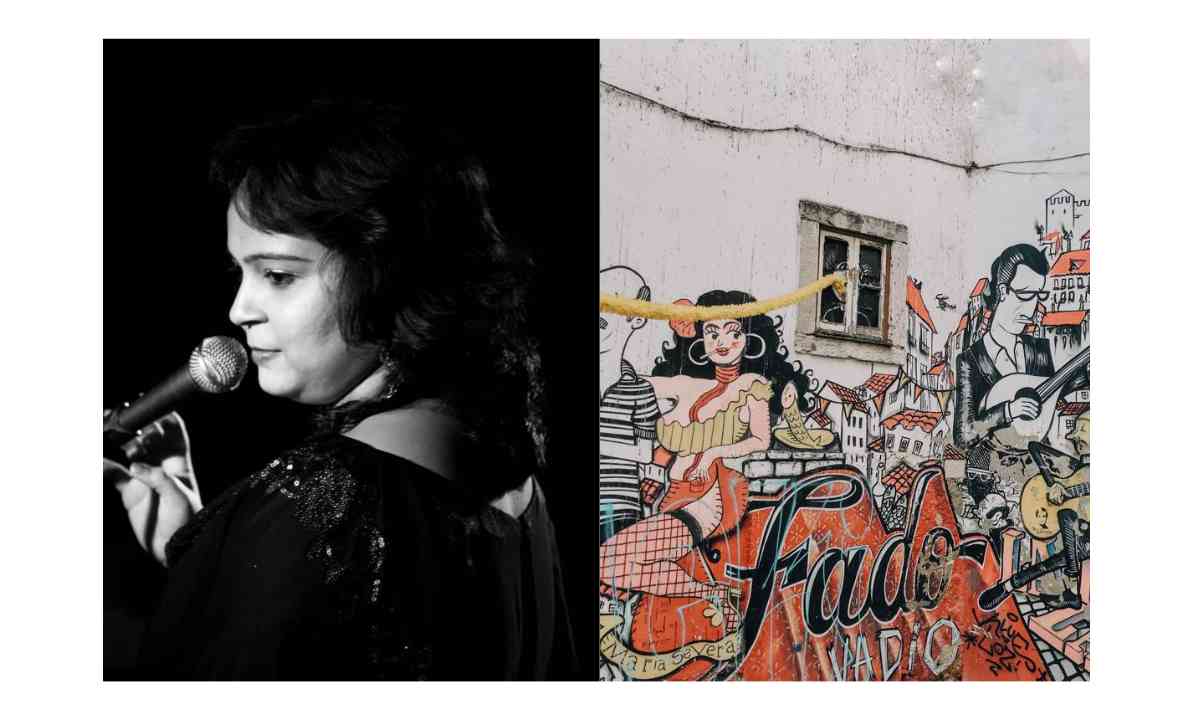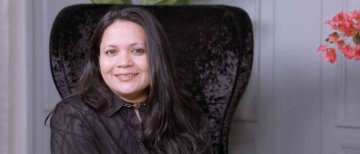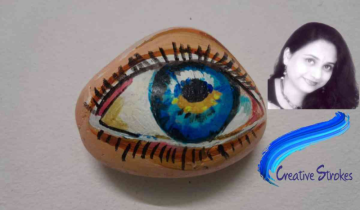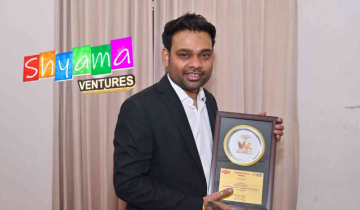From Goa, known for its rich culture and artistic vibe, came a woman named Sonia Shirsat. Sonia was a Fado singer dedicated to preserving and promoting this beautiful art form that had found a home in Goa for over a century. Fado, a semi-classical genre of music, originated in Lisbon, Portugal, in the early 1800s. It had made its way to Goa, which had been under Portuguese rule for a long time.
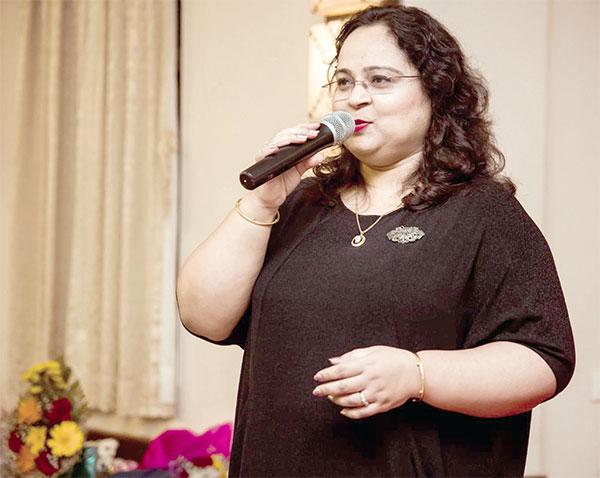
Sonia recognized the importance of preserving Fado and ensuring its longevity in Goa. She believed that the art form had found a new space for itself and wanted to guarantee another hundred years of life for it in Goa and the surrounding areas. Sonia's passion for Fado was deeply rooted in her family history. Her grandmother and mother were avid fans of Fado and used to sing it as a hobby at home. In their time, singing was not considered a viable career option for women. However, Sonia was fortunate enough to pursue singing as a career due to changing times and increased acceptance of the profession.

Fado was distinct from other forms of music. It was soulful, melancholic, and devoid of dance or flashy performances. It was meant to be listened to attentively, drawing the audience into a different emotional plane. The music conveyed a sense of longing and yearning, a feeling called "Saudade" in Portuguese. Saudade encapsulated the mixture of missing someone or something, longing for a place or home, and nostalgia for a lively and loving atmosphere.
Sonia found herself drawn to the mesmerizing melodies of Fado. While she enjoyed performing with her band and witnessing the audience's lively response, Fado held a different kind of magic for her. It was performed in intimate settings, with the audience sitting as close as she could reach them with her hand. Traditionally, Fado was an acoustic experience devoid of any sound systems. This closeness to the audience allowed for a deep connection, with the music resonating in their souls.
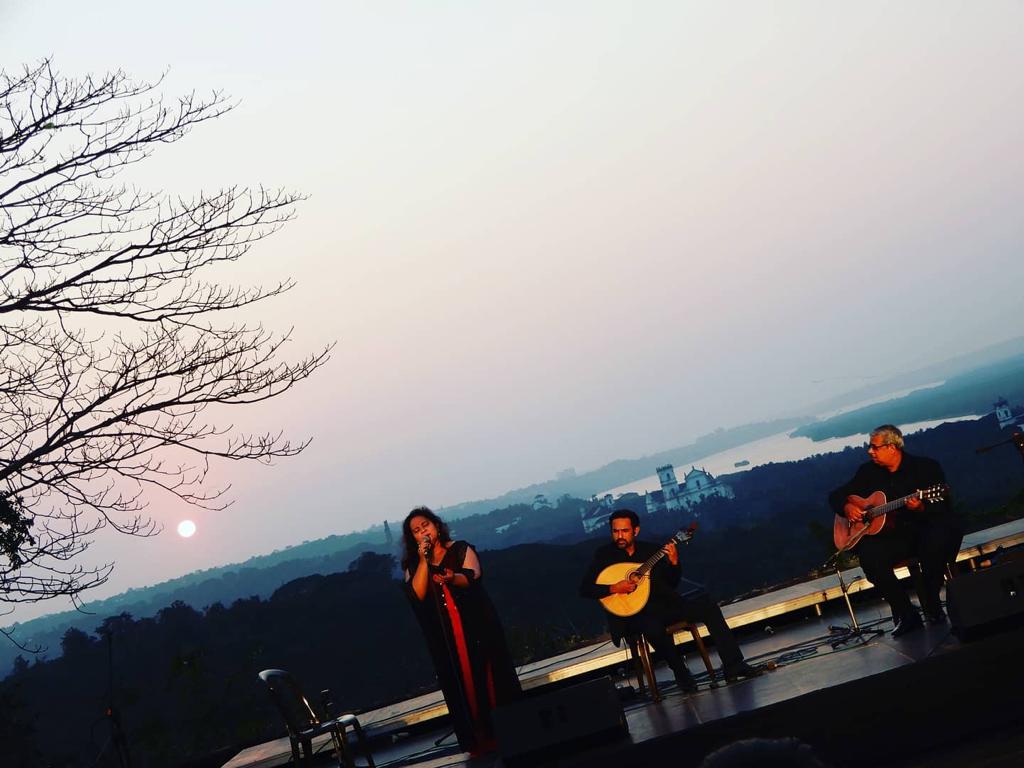
Despite not having formal vocal training, Sonia's talent and love for singing Fado made her a remarkable artist. She viewed Fado as a form of poetry where the interpretation and innovation of the artist played a vital role. While traditional Fados were in Portuguese and followed a set structure, artists like Sonia added their own interpretations to the music, making it a unique experience.

Fado came in different forms, each with its own style and themes. There were Fados, where the audience joined in the singing, Fados with underlying poetic themes of love, joy, despair, and even racism. Some Fados told stories, consistently exploring the same emotions in different verses. There were also religious Fados with themes of faith and devotion. Additionally, there were different styles of Fado from Lisbon and Coimbra, with the latter being sung only by gentlemen.
Sonia was determined to pass on her knowledge and love for Fado to others. She started teaching classes and conducting workshops to train new singers and create an informed audience. Her classes attracted hundreds of students, both singers, and non-singers, who learned not only the songs but also Fado's history, theory, and structure. She also collaborated with institutions like Goa University, organizing structured courses and exams to promote the art form further.
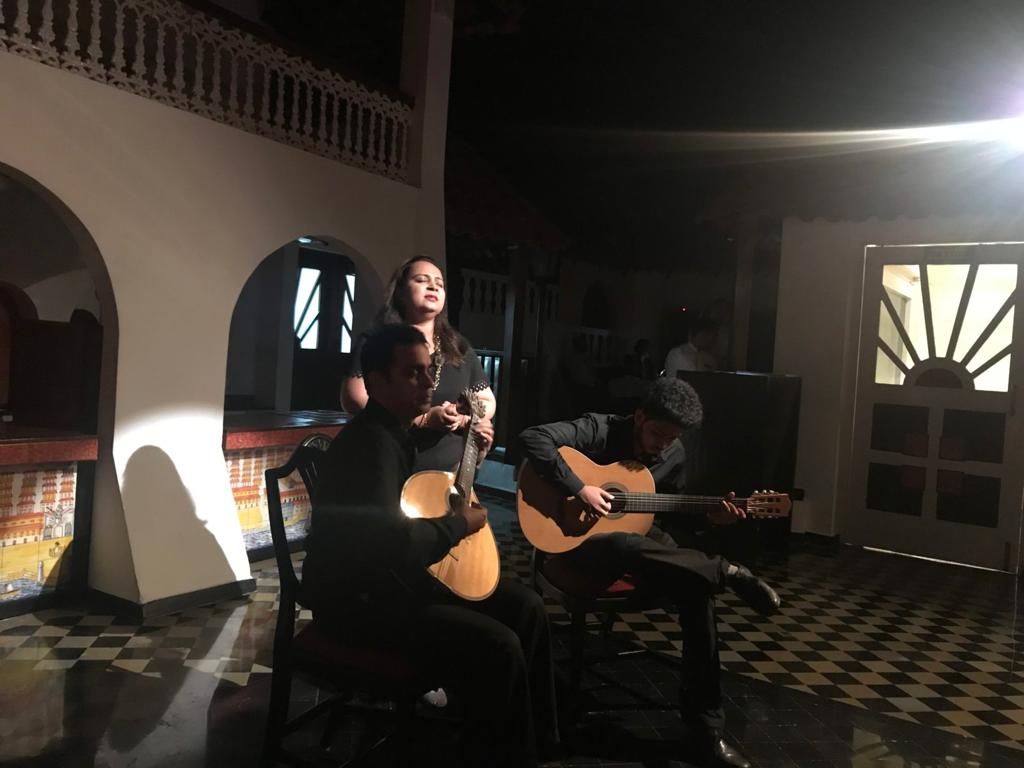
Through her outreach efforts, Sonia ensured that Fado reached a wider audience in Goa. She utilized social media platforms like Facebook and Instagram, sharing videos of her classes and performances. Sonia and her band also held private concerts in Goa and abroad, spreading the beauty of Fado wherever there was an audience for it. Her dedication and passion earned her numerous awards and accolades, and she had the privilege of performing in various countries around the world, including Portugal, where Fado originated. Sonia's performances were greatly appreciated and admired, as audiences connected with the heartfelt emotions conveyed through her soulful voice.
As Sonia's influence grew, she became a beacon for aspiring Fado singers in Goa and across India. Many young artists sought her guidance and mentorship, eager to learn the nuances of this beautiful art form. Sonia took on the role of a mentor with enthusiasm, nurturing talent and helping them discover their own unique expression within the realm of Fado.
Recognizing the need for a dedicated space to promote Fado and other traditional Goan music forms, Sonia decided to establish a cultural center in Goa. With the support of fellow musicians, artists, and local authorities, Sonia's dream became a reality. The cultural center became a hub for Fado enthusiasts, offering regular performances, workshops, and exhibitions showcasing the rich cultural heritage of Goa.
The center became a place where Fado artists from different parts of the world could gather, collaborate, and exchange ideas. It hosted festivals dedicated to Fado, inviting renowned artists from Portugal and other countries to perform and share their experiences. The center also housed a library and archives, preserving historical recordings, sheet music, and literature related to Fado.

Sonia's efforts and the cultural center she established sparked a renewed interest in Fado, not just among locals but also among tourists visiting Goa. It became a must-visit destination for those seeking an authentic and immersive experience of Goan culture. The center also partnered with educational institutions, organizing cultural exchange programs and providing scholarships to deserving students interested in studying Fado and traditional Goan music.
Sonia's impact extended beyond the borders of Goa and India. She collaborated with international artists, participating in cross-cultural projects blending Fado with music genres. These collaborations introduced Fado to new audiences and showcased its versatility and ability to transcend cultural boundaries.
Sonia's dedication to Fado and her relentless efforts to preserve and promote the art form paid off as the years passed. Fado became firmly rooted in Goa's cultural fabric, with a new generation of talented artists emerging and carrying the torch forward. The cultural center continued to thrive, fostering creativity and serving as a platform for artistic expression.
Sonia Shirsat's legacy as the guardian of Fado in Goa remained etched in the hearts of those who experienced the magic of her voice and the emotional depth of Fado. Her passion and commitment ensured that Fado would continue to thrive for generations to come, preserving its authenticity while embracing new interpretations and influences.
And so, the story of Sonia Shirsat, the Fado singer from Goa, inspired artists and music lovers worldwide—a testament to the power of music to transcend borders, preserve cultural heritage, and touch the deepest corners of our souls.
Sonia Shirsat,
World Renowned Fado Singer
© Copyright 2023. All Rights Reserved Powered by Vygr Media.

